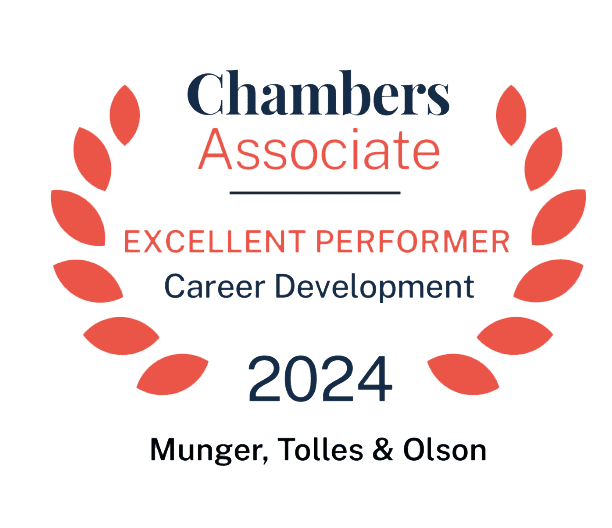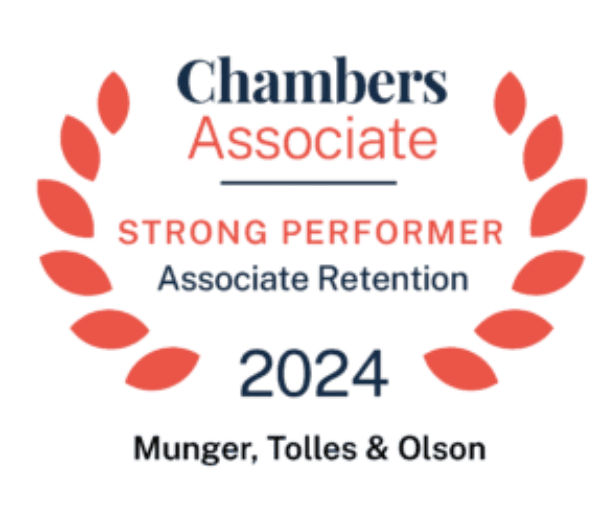
Our Culture
One of a kind culture drives A-list performance.
For 11 of the 20 years the American Lawyer has ranked “A-list” firms, MTO has topped the list by being a high performer in revenue per lawyer, pro bono commitment and associate satisfaction. We consistently deliver remarkable results because our values and associate involvement in running our firm helps us stand out among peers.



Values in Action

Early experience and real responsibility provide impactful opportunities from the start.

High stakes, high quality, high value work that matters.

Attorneys build their own workload by aligning their interests with active matters.

Firm leaders are transparent about business and management decisions.

Each attorney is treated as an owner of the business with individual responsibility.

Mentorship is an integral part of development and growth at every level.
Find your fit at MTO
We look for lawyers and promising leaders who want to become a part of our firm and be successful in it.
This doesn’t just mean billing time; it means building long-term relationships within our firm and in the community. Unlike other firms, we don’t have a rotating door of partners coming and going. Most of our partners were promoted from within the firm, and many started here as newly minted lawyers.
We don’t just enjoy practicing law – we enjoy practicing it together. We host lunch in the office twice a week with dynamic speakers – such as members of Congress, screenwriters, community activists and celebrity chefs – as well as colleagues sharing insights and experiences from recent matters. Our lawyers also gather for weekly happy hours in each office, and enjoy an annual offsite retreat.

Stay Connected.
Stay up to date on our latest news, achievements and events.
Learn More
Our Commitment to Inclusion
At Munger, Tolles & Olson, an inclusive workforce improves our ability to serve the needs of our clients and creates a more dynamic workplace for our people.
Our Community Engagement
From arts and education associations to civic and charitable groups, many of our attorneys serve on the boards of organizations that inspire them.

